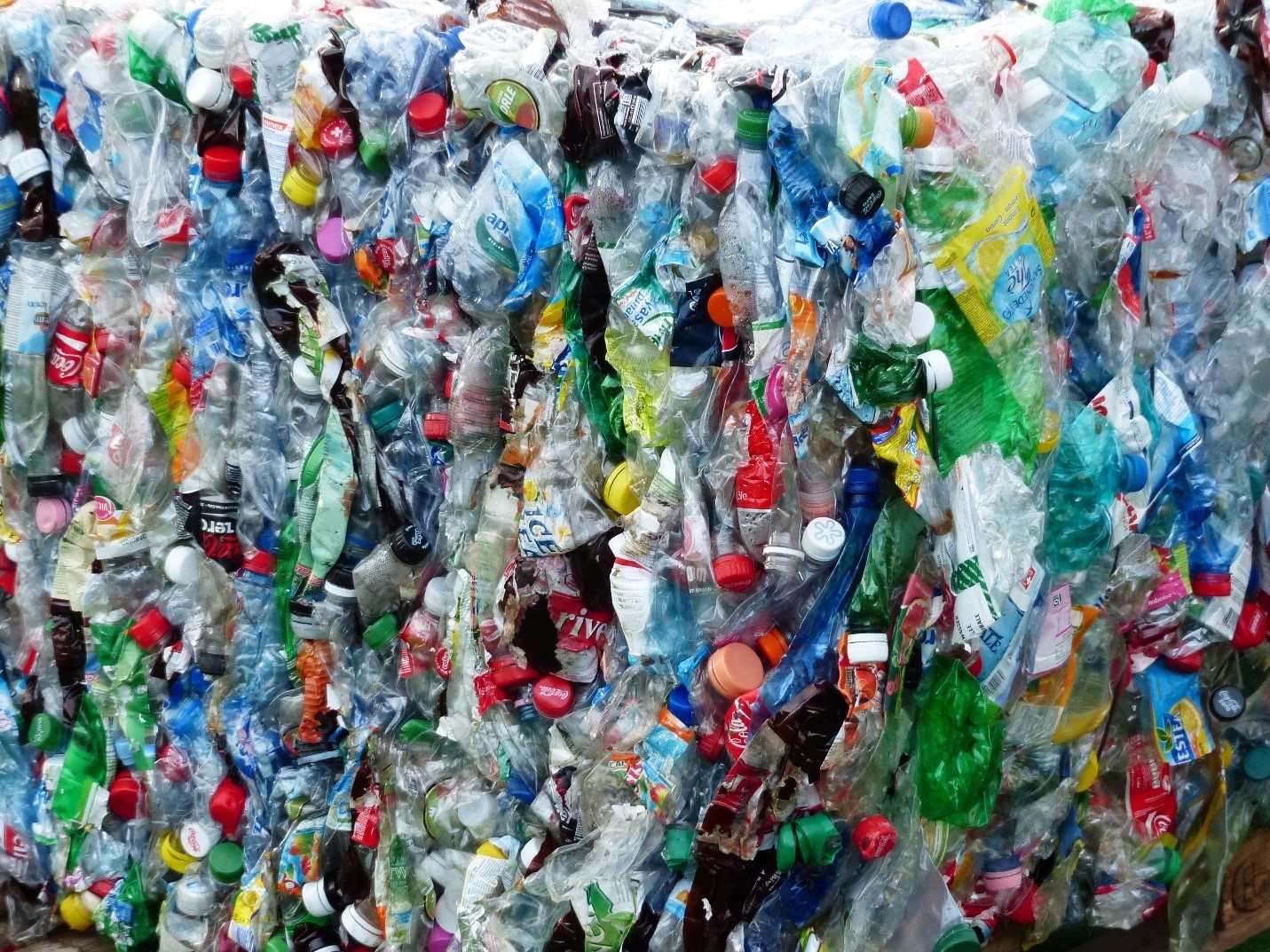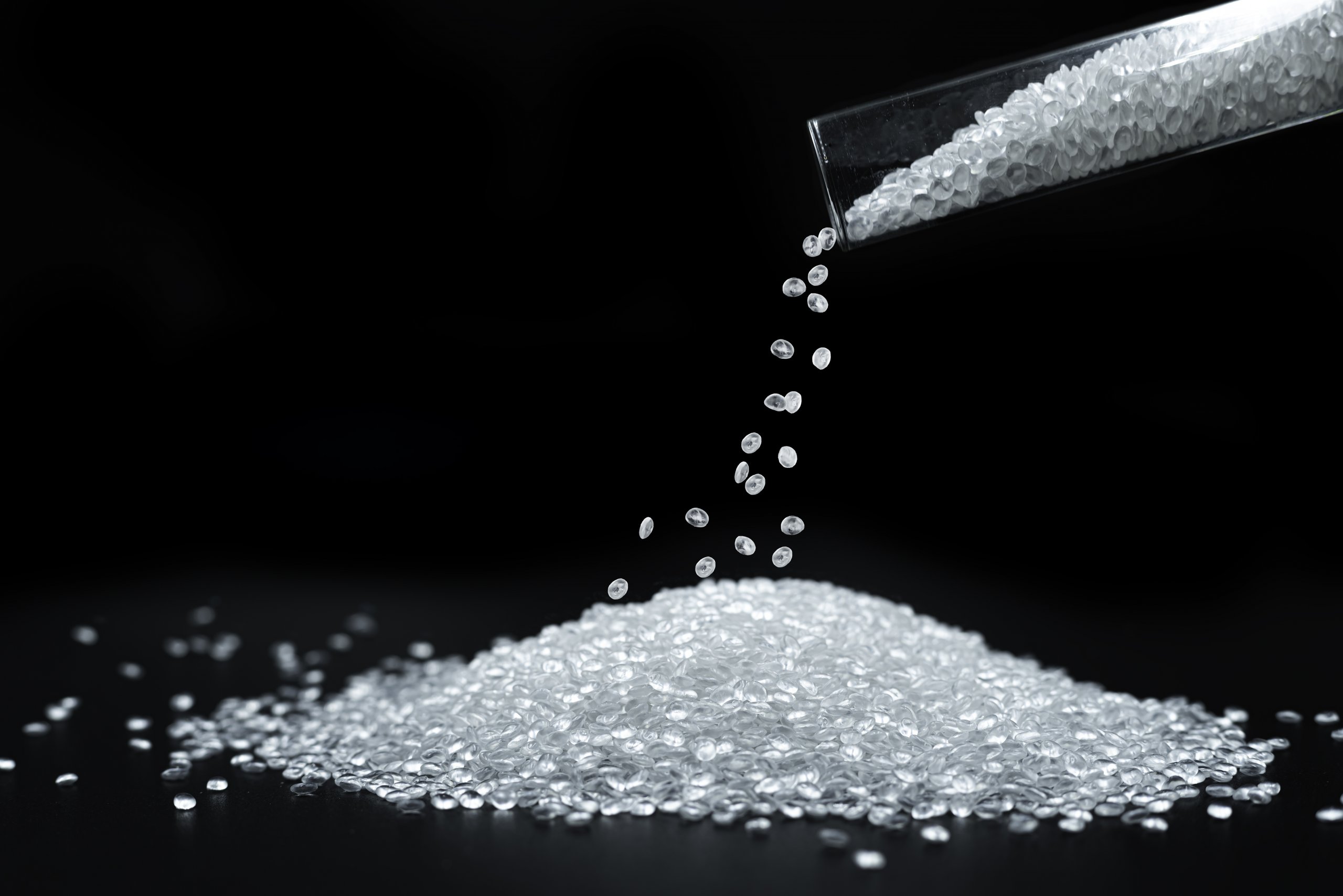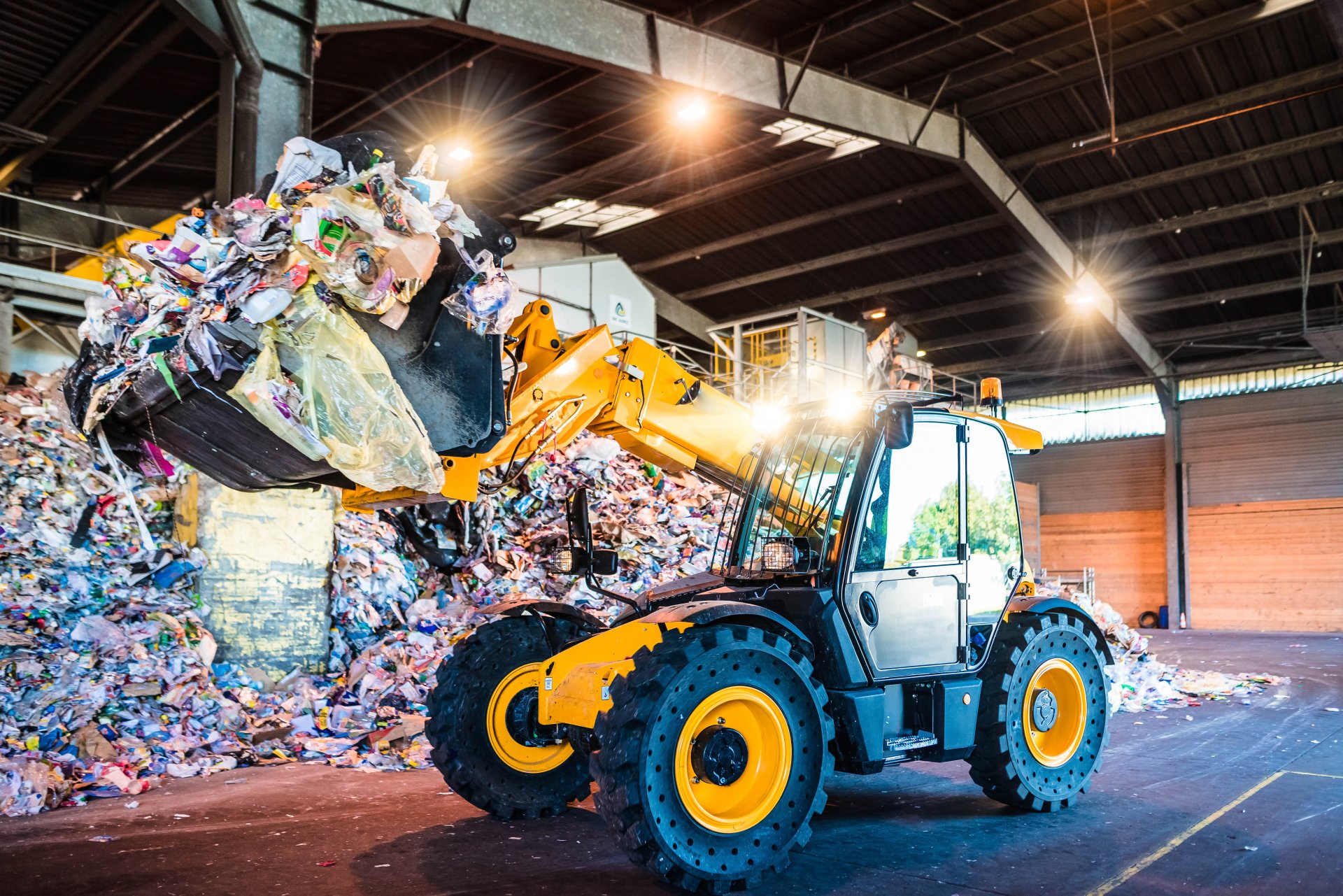NovaCrack is a rapid depolymerisation process that will close the loop for a truly circular recycling economy
The environmental challenge of dealing with mixed plastics waste is a major concern for the waste industry, local authorities and increasingly for households. A team of scientists and engineers at The University of Manchester has developed a rapid depolymerisation process, NovaCrack®, based on catalytic hydrocracking.
The global plastics production reached 359 million tonnes in 2018, and it is expected to increase year by year. Sadly, only 12% of it is currently recycled, with the rest of the plastic waste being incinerated, sent to landfill or dumped. Plastic waste is still a valuable resource that can be transformed into feedstock to produce new plastics.

Our technology is a chemical recycling process that transforms mixed plastic waste into high-value hydrocarbons which can be converted back to virgin polymers, thereby closing the loop for a truly circular economy.
The potential benefits of this technology are that it is:
Cheaper – This technology uses less energy as it can function at a much lower temperature compared to pyrolysis chemical recycling.
Safer – The technology allows for PVC and other contaminants to be present without a major impact on the outcomes.
Versatile – This technology allows for a mixed feed of plastic waste (PE, PP, PS, PET)
Circular economy – This technology allows for its products to be transformed into new virgin polymer materials.

Close-up of plastic polymer granules and plastic beads.
The potential applications of the technology lie in the plastic packaging waste sector, but it can also be useful for the plastic waste coming from the automotive and agriculture industries.




